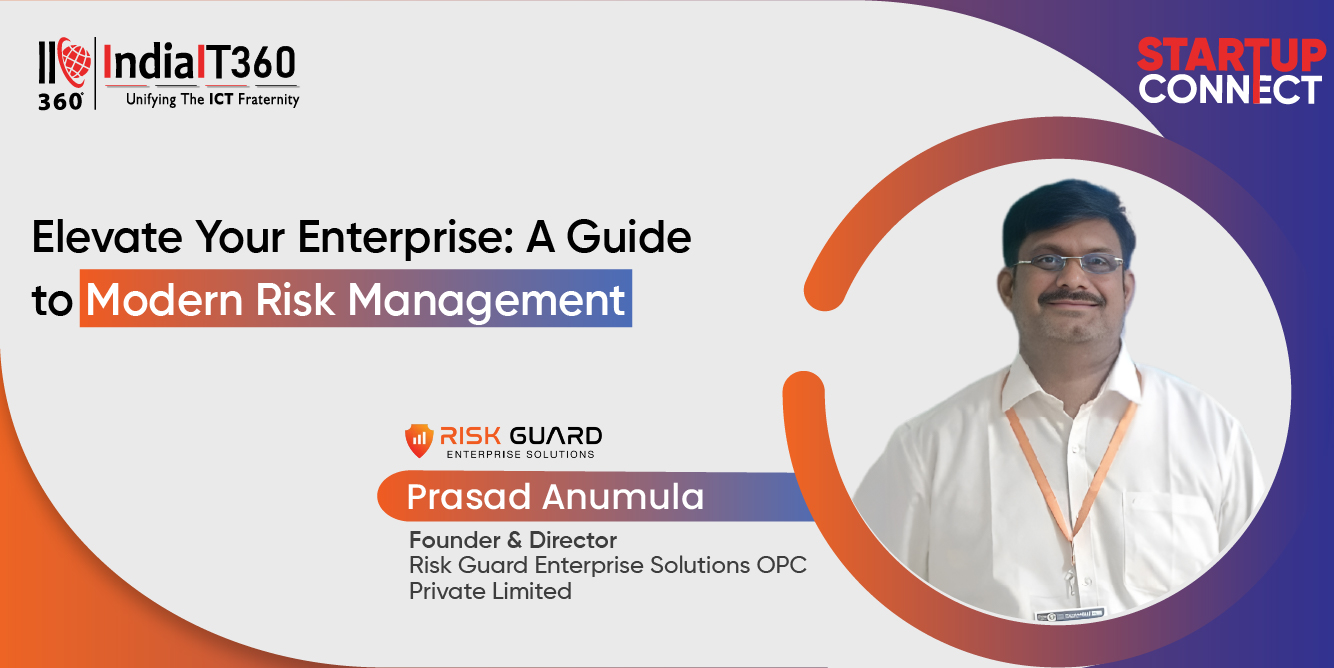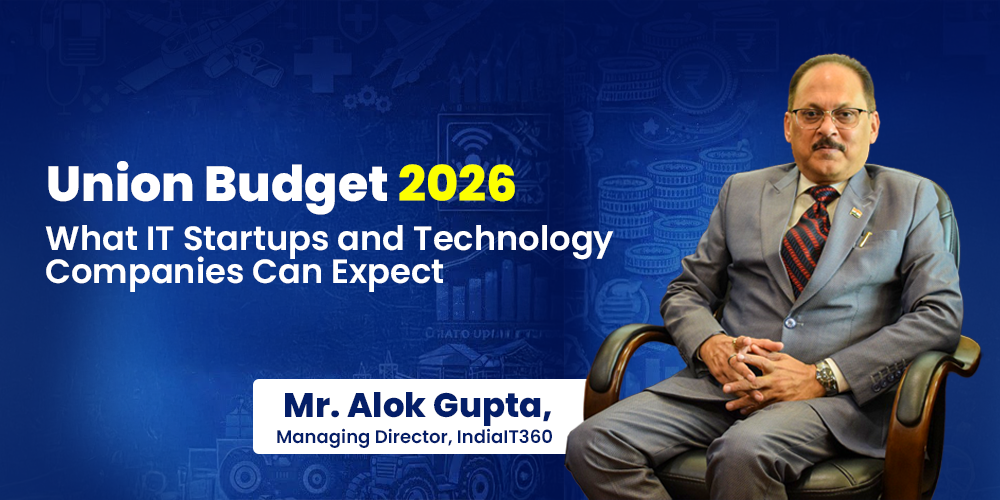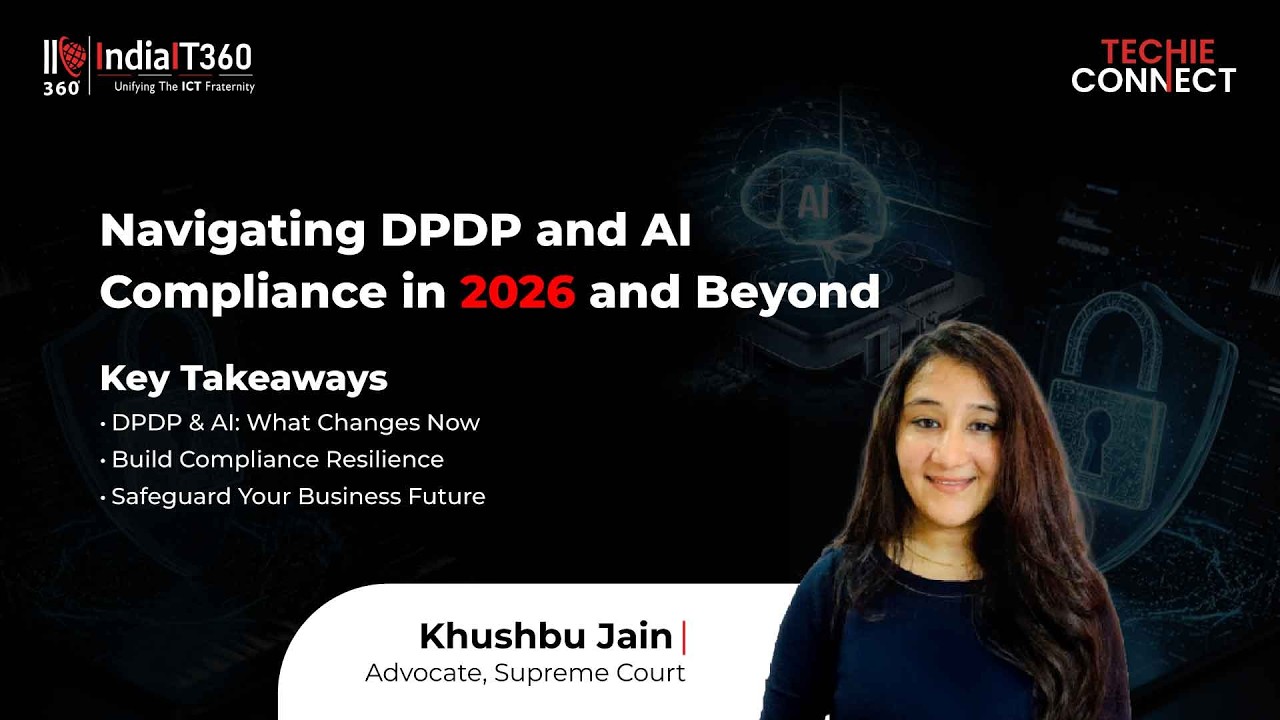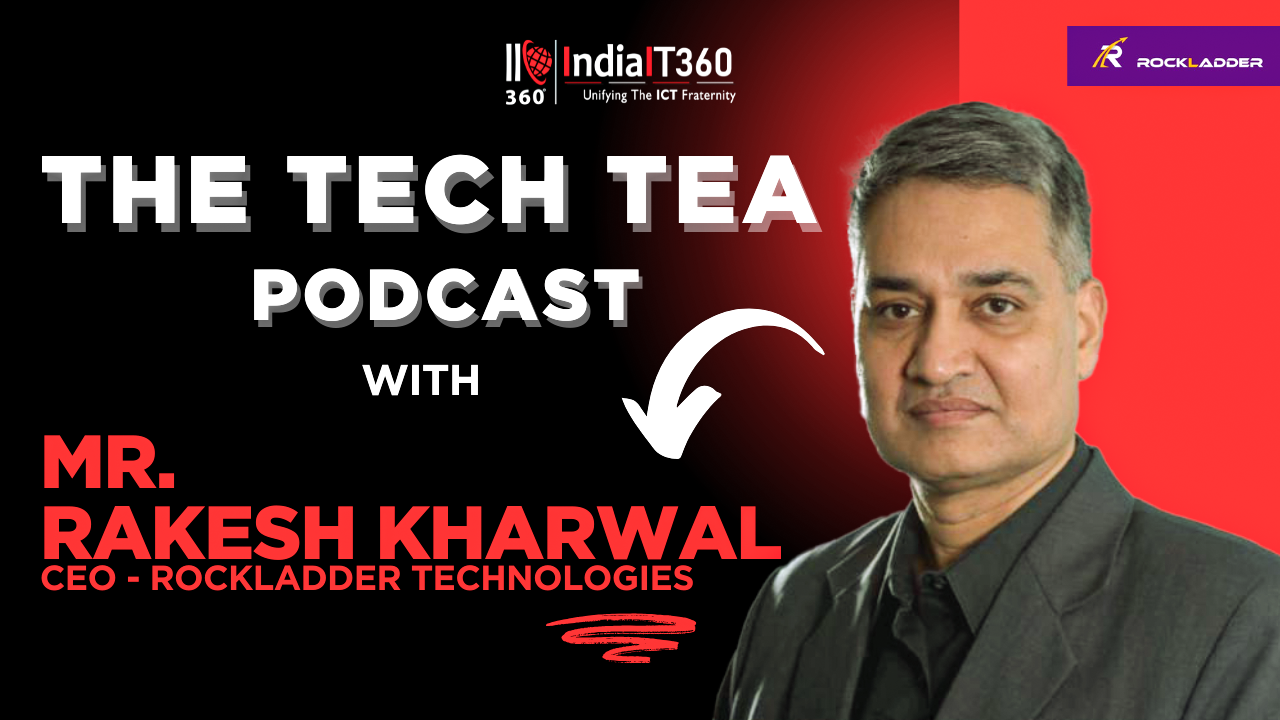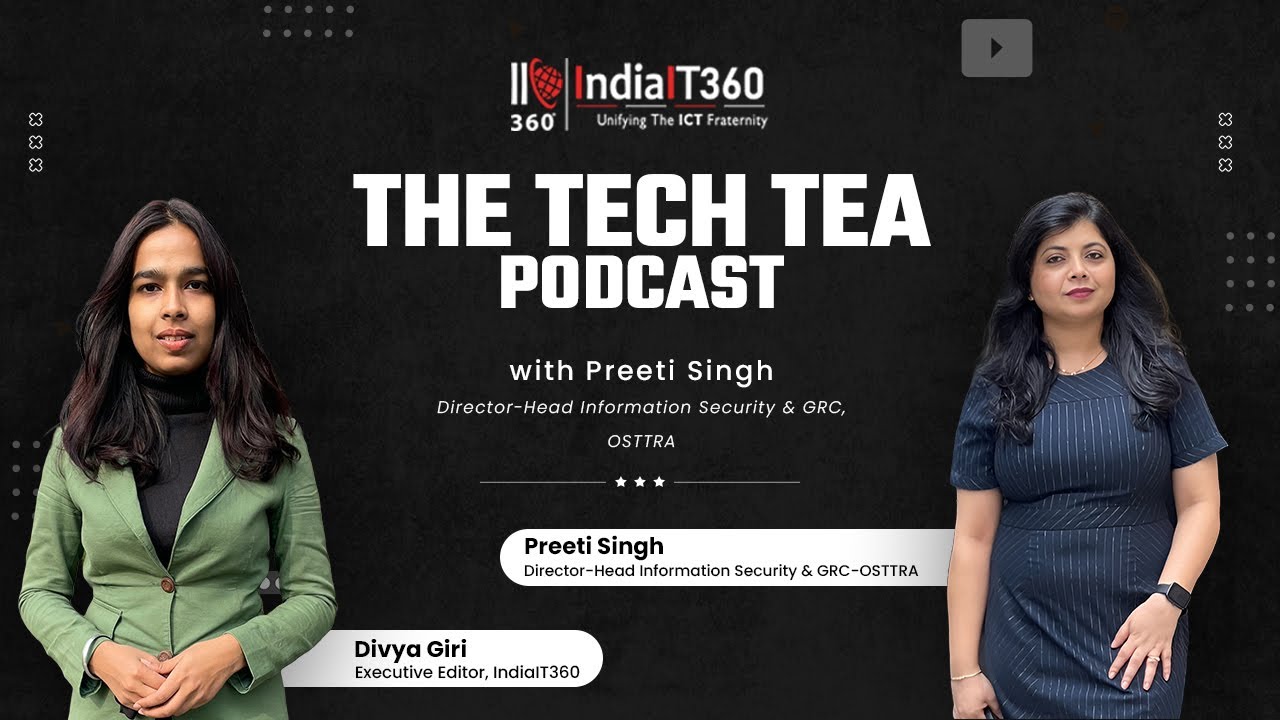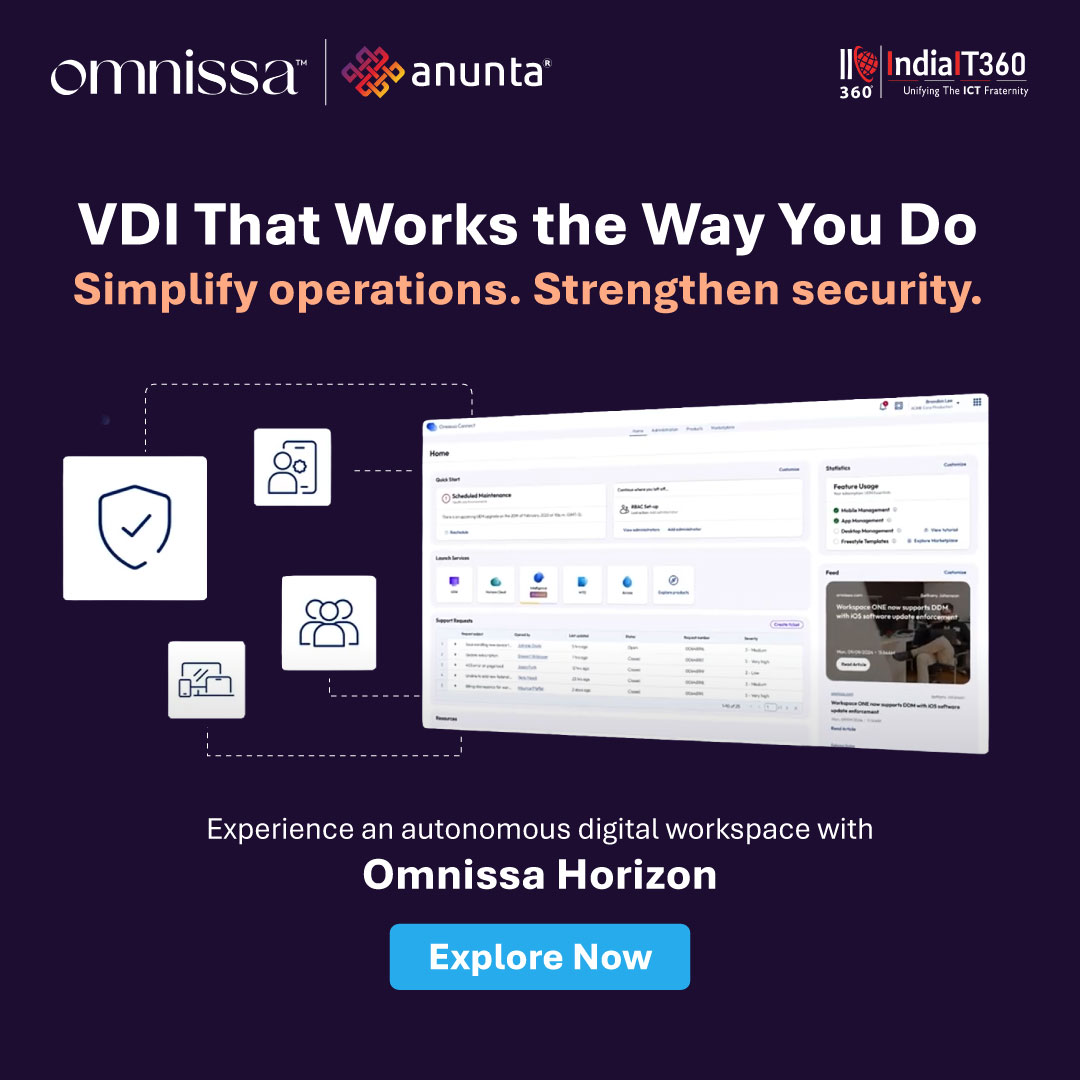Elevate Your Enterprise: A Guide to Modern Risk Management
The business world today faces higher risks than before. Extreme events like natural disasters, cyber threats, and economic shifts can cause serious troubles for any company. Understanding these risks and managing them well is essential. This article dives into enterprise risk management (ERM), offering insights to enhance your approach.
The Evolving Landscape of Enterprise Risk
The Rising Stakes of Risk in Today's Business World
Recent studies show that businesses are encountering disruptions more frequently—up to 50% more than a decade ago. Natural events, unexpected market changes, and digital threats contribute to this trend. Factors such as globalization, rapid technological advancements, and shifts in consumer behavior further complicate risk management.
Why Proactive Risk Management is No Longer Optional
Every risk event can hurt a company's reputation, leading to lost trust and revenue. Companies must understand their risk appetite—the extent of risk they're willing to take—and their risk tolerance—the maximum risk they can handle without hurting operations. A clear grasp of these concepts is crucial for effective risk management.
Understanding Your Risk Landscape: Identification and Assessment
Identifying Key Risk Categories To manage risk effectively, identify its types:
- Financial Risks: Market fluctuations, credit risks, and liquidity issues.
- Operational Risks: Supply chain disruptions, equipment failures, and human errors.
- Strategic Risks: Competitor actions and market shifts affecting long-term goals.
- Compliance Risks: Legal issues, regulatory changes, and ethical breaches.
Each category presents unique challenges that require careful management.
Implementing Robust Risk Assessment Methodologies
Risk assessment methods come in two main types—qualitative and quantitative:
- Qualitative Methods: Involve expert opinions and scenarios to evaluate risks.
- Quantitative Methods: Use data and statistical analysis for numerical risk evaluations.
Risk scoring helps prioritize which risks need attention first, focusing resources where they matter most.
Developing a Comprehensive Risk Management Framework
Establishing Clear Risk Ownership and Accountability
Assign roles and responsibilities to ensure accountability. Everyone in the organization should know their part in risk management. Regular communication and teamwork foster collaboration and heighten awareness of potential risks.
Building a Scalable and Adaptable Risk Management Program
Technology plays a significant role in risk management. Automated systems can track, report, and analyze risks efficiently. Companies have found success by integrating advanced technologies into their risk management frameworks, making them flexible enough to adapt to new challenges.
Implementing Effective Risk Mitigation Strategies
Prioritizing Risk Mitigation Efforts Based on Impact and Likelihood
Different strategies can reduce risk, such as:
- Avoidance: Eliminate the risk entirely.
- Mitigation: Reduce the impact or likelihood of the risk.
- Transfer: Shift the risk to another party (e.g., insurance).
- Acceptance: Acknowledge the risk and prepare to deal with its consequences.
Real-world successes often come from a combination of these strategies tailored to specific situations.
Integrating Risk Management into Business Processes
Risk management should be part of daily operations. Encourage teams to consider risks in every decision-making process. Simple methods, like checklists or risk review meetings, can embed risk awareness into the culture.
Monitoring, Reporting, and Continuous Improvement
Establishing Key Risk Indicators (KRIs) and Monitoring Systems
Develop effective Key Risk Indicators (KRIs) to monitor risk levels. Create dashboards that provide real-time data on risk metrics. Regular reporting ensures that everyone stays informed and can act quickly when needed.
Adapting to Change and Fostering a Culture of Risk Awareness
Continuous improvement is vital. Companies should regularly reassess their risk strategies to adapt to new challenges. Experts emphasize that fostering a culture of risk awareness contributes significantly to an organization's resilience against unexpected events.
Conclusion: Embracing a Proactive Approach to Risk Management
Key Takeaways and Actionable Steps
Proactive risk management is vital for any business aiming for success. Here are some key steps to adopt:
- Understand your organization's risk appetite and tolerance.
- Identify key risk categories and assess each thoroughly.
- Build a clear framework assigning risk ownership.
- Integrate risk management into everyday processes.
- Monitor risks continually and adapt as needed.
Having a robust risk management framework not only protects your business but also enhances overall performance and growth. For more insights and personalized strategies, contact us for consultation or download our resources.
Article is written by Mr. Prasad Anumula, Founder & Director - Risk Guard Enterprise Solutions OPC Private Limited




